Optimal Timing for Storm Restorations
Storm restorations are most effective when performed promptly after a storm event to address damages and prevent further issues. The optimal time varies based on weather patterns, regional climate, and the severity of storms. Planning restorations during favorable weather conditions ensures safety and quality workmanship.
This period often sees increased storm activity, making it an ideal time for inspections and repairs before peak storm seasons.
Immediate assessment after a storm helps identify damages early, reducing long-term costs and structural risks.
Performing restorations during calmer weather months can lead to quicker project completion and better scheduling options.
Restorations should be scheduled during periods with minimal rain, wind, or extreme temperatures to ensure safety and quality.
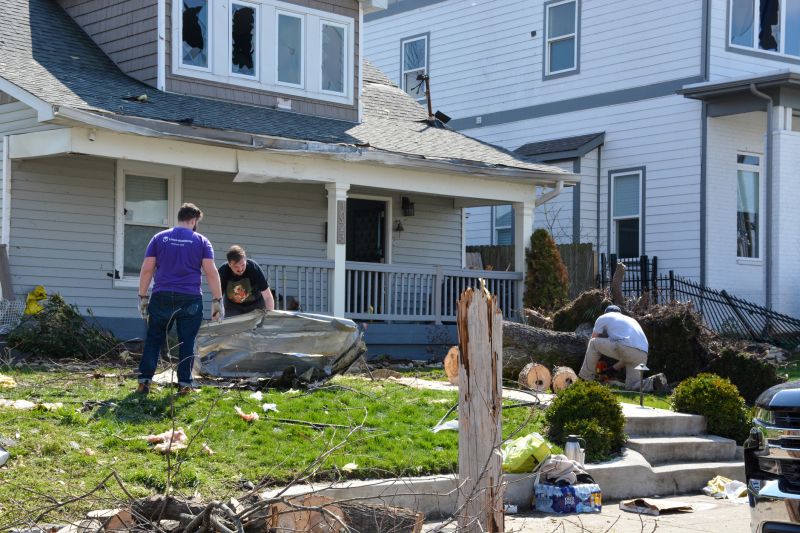
Assessment of roof and exterior damages after a storm event.
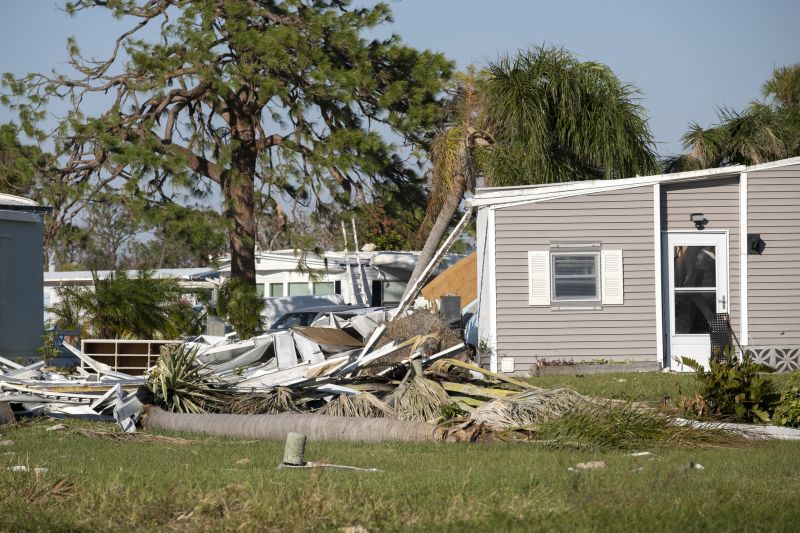
Temporary fixes to prevent further damage until full restoration can be completed.
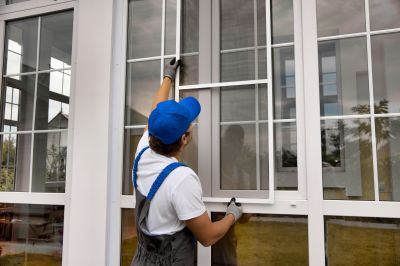
Workers repairing roof and siding damages caused by storms.
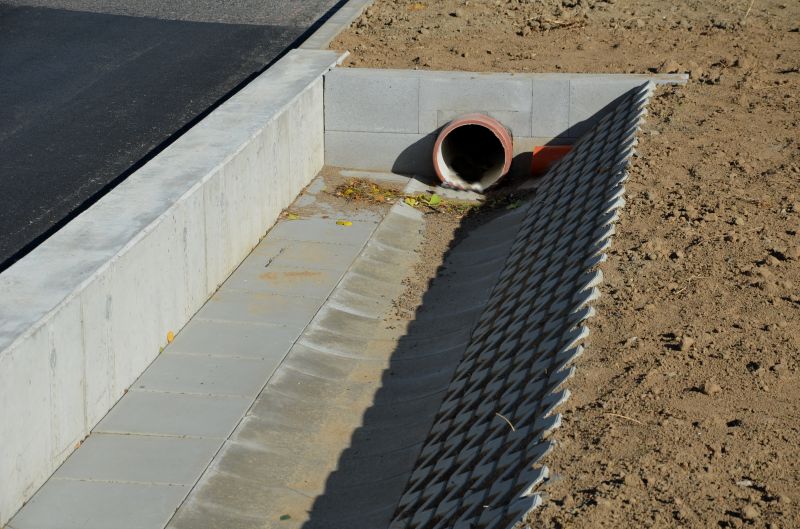
Ways to make Storm Restorations work in tight or awkward layouts.
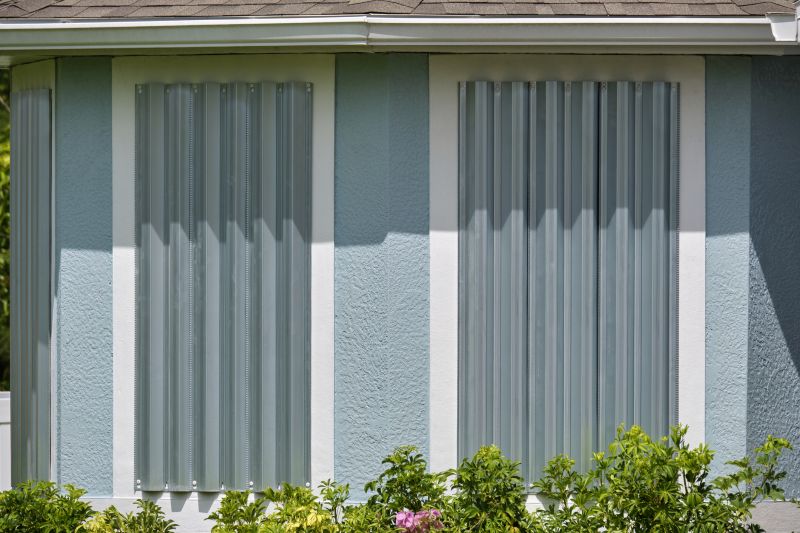
Popular materials for Storm Restorations and why they hold up over time.
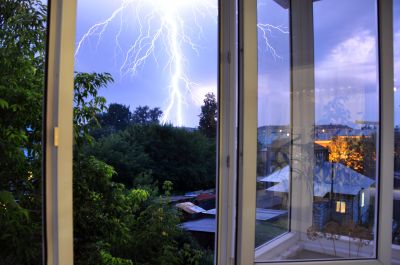
Simple add-ons that improve Storm Restorations without blowing the budget.
| Season | Optimal Restoration Timing |
|---|---|
| Spring | Early spring for inspections and repairs before storm season peaks. |
| Summer | Post-storm assessments and repairs during calmer weather. |
| Fall | Preparation for winter storms with timely repairs. |
| Winter | Limited restoration activities unless weather permits. |
| Regional Considerations | Adjust timing based on local storm frequency and severity. |
Storm restorations encompass a range of services aimed at repairing damages caused by severe weather conditions. These services include roof repairs, siding replacements, window and door fixes, and structural assessments. Prompt action after storm events can mitigate further deterioration and help restore the integrity of a property. Proper planning and timing are essential to ensure that repairs are completed efficiently and safely.
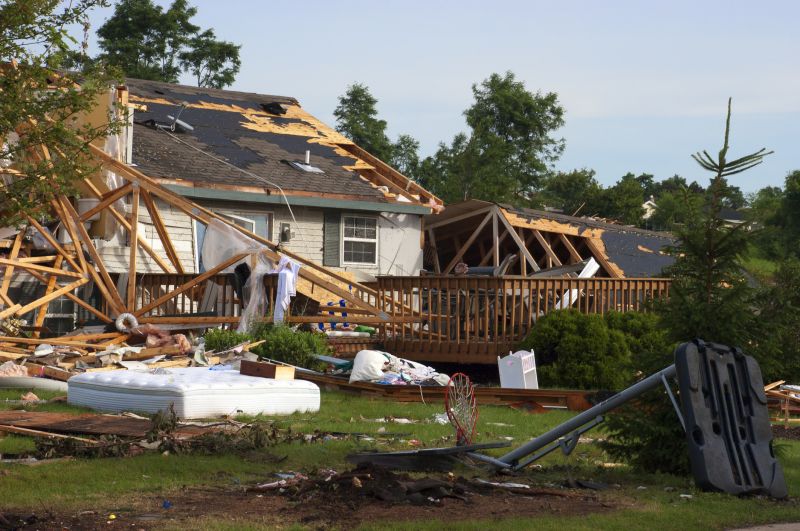
Evaluating structural damages caused by storms.
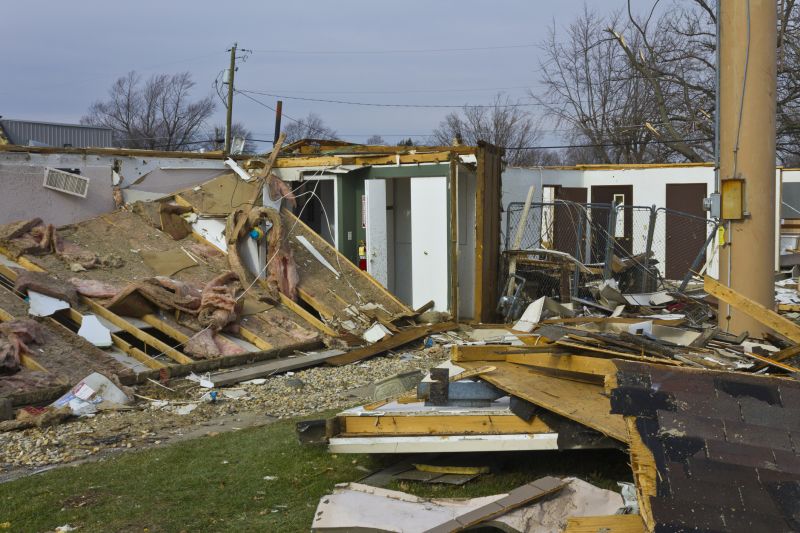
Restoring roofs affected by wind and hail.
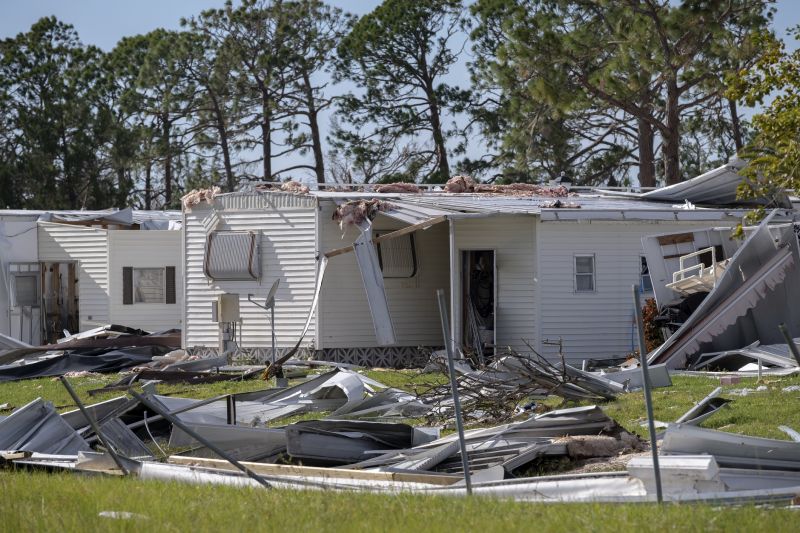
Replacing damaged siding and other exterior components.
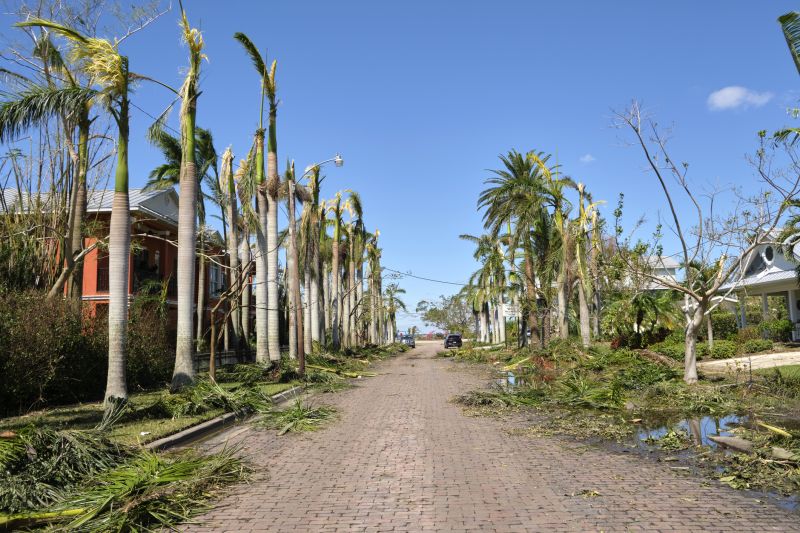
Removing debris and preparing for repairs.

High-end options that actually feel worth it for Storm Restorations.

Finishes and colors that play nicely with Storm Restorations.
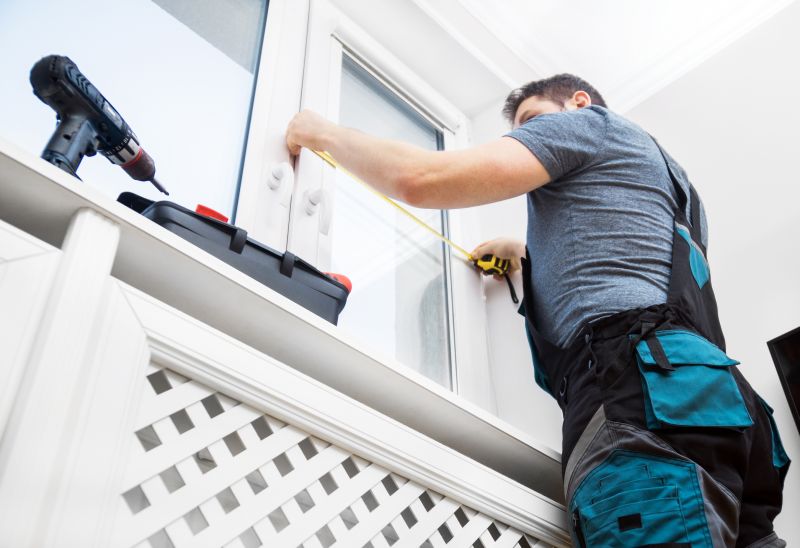
Little measurements that prevent headaches on Storm Restorations day.
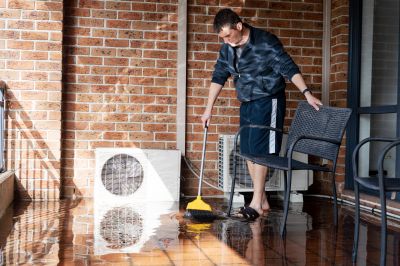
A 60-second routine that keeps Storm Restorations looking new.

A frequent mistake in Storm Restorations and how to dodge it.

Small tweaks to make Storm Restorations safer and easier to use.

Lower-waste or water-saving choices for Storm Restorations.

The short, realistic tool list for quality Storm Restorations.
Filling out a contact form can provide detailed information about specific storm restoration needs. Timely responses and planning can help ensure repairs are completed during the most suitable weather conditions, minimizing disruptions and costs.
